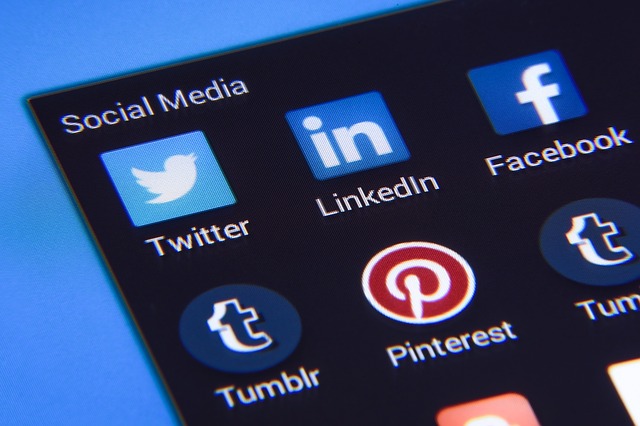Just how important is social media?
So important, Hennes said, that maintaining some kind of presence there is no longer optional; if you really don’t want to manage an account yourself, then he advised that you hire someone to do it for you.
Why? Your members are there, and so are reporters—and if you or your bar association are being discussed, whether positively or negatively, you need to know about it so you can respond.
Sometimes, Fladung added, reporters will use comments on Facebook and Twitter as akin to interviews—and will quote them. That’s all the more reason, he said, to be present on social media: so you’ll know what’s being said about you there, before you see it in a news article.
The lines between social media and traditional media have blurred significantly in recent years, Fladung noted. Particularly if the account is “verified” (meaning the person has taken extra steps to authenticate that they are who they say they are), others will trust the information and cause it to go viral or to be picked up by a news wire service.
Twitter also functions independently as a news outlet, Fladung added, often being the first place where people see what turns out to be very important information. For example, he said, the first anyone outside of the Pulse nightclub in Orlando heard about the mass shooting there last year was when someone tweeted about it from the club’s restroom. When the Orlando police apprehended the shooter, they didn’t write a press release or call a reporter; instead, Fladung said, “The biggest news in its history was shared on Twitter.”
The traditional news outlets that have survived have learned how to use social media to their advantage, Fladung said, noting that “Facebook now drives about 30 percent of the traffic that comes into newspapers.” In other words, a person sees a post on Facebook and clicks on the article, rather than going directly to the newspaper’s website and accessing the article from there.
Years ago, Fladung said, a study found that one of the top three drivers of whether a person finds a piece of information noteworthy and worth acting on is whether a friend tells the person about it. “Facebook has taken that concept and supersized it,” he added.
For the rest, click here.


